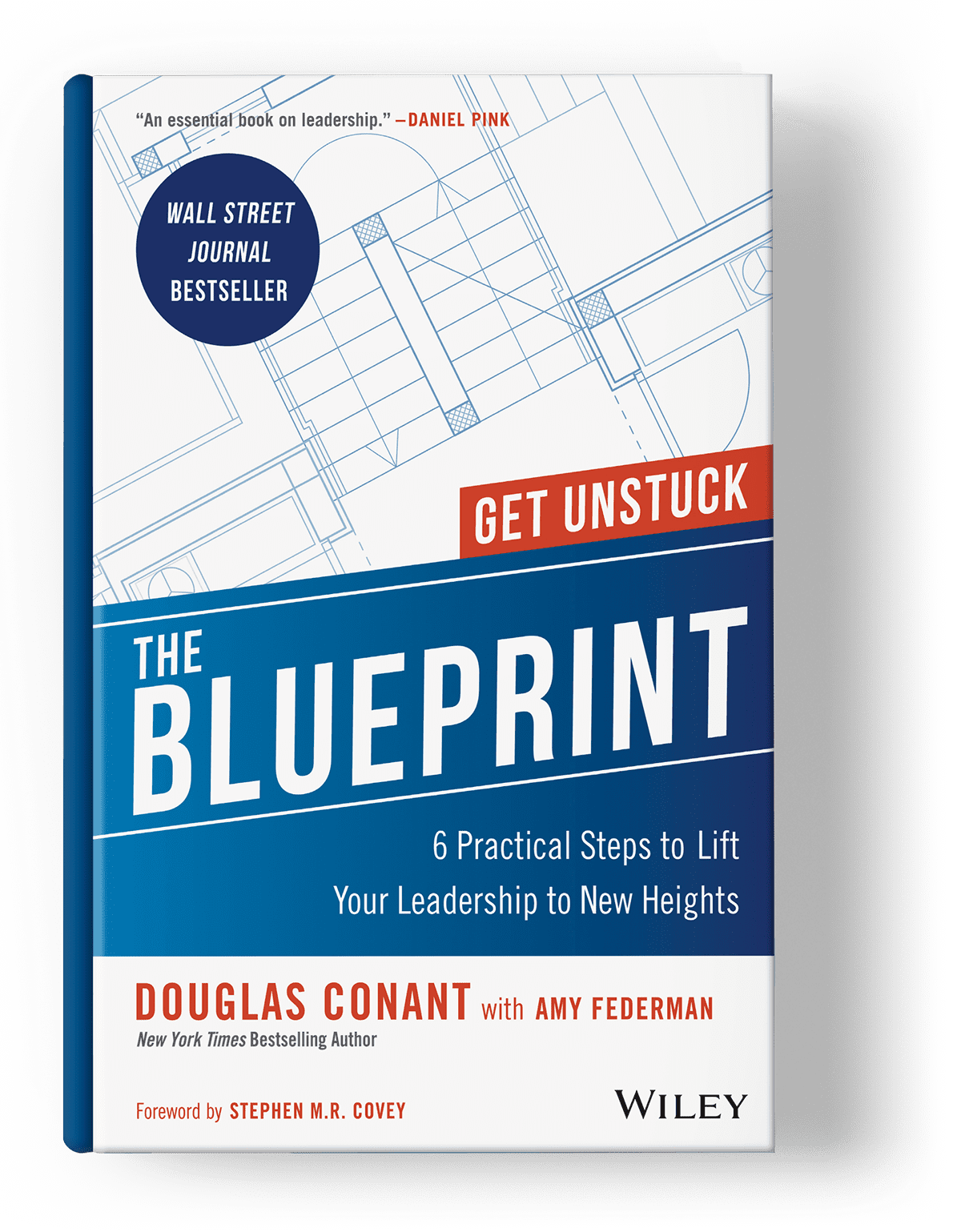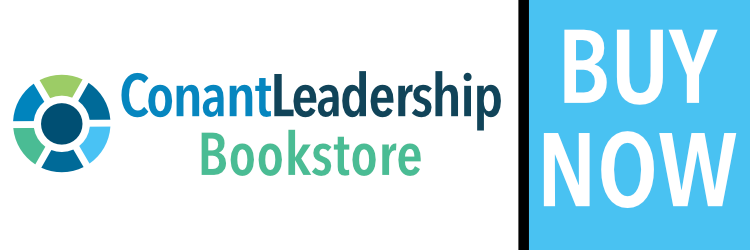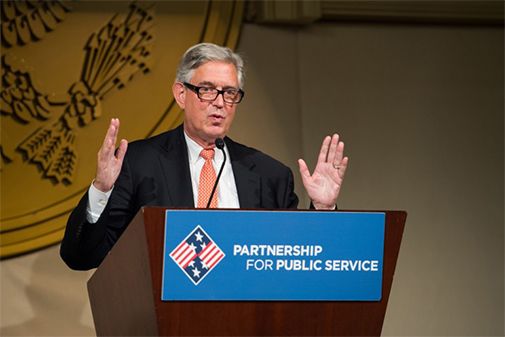As leaders, some of the decisions we make are clear-cut. We get the best data available, do the analysis, and make the call. Done. But realistically, these moments of easy clarity and quick solutions are a luxury. Most of the time, we’re not so lucky. In truth, the majority of the decisions we have to make are deeply nuanced. They require much more than rote and dispassionate consideration of numbers and graphs. Why? Because they involve people. Real people who are depending on our careful and expert guidance. People who are depending on us to be consistent, reliable, and fair.
This expectation becomes even more important when we analyze the situation and it reveals a course of action that may be the smart thing to do, but we know it is not the right thing to do. These tricky decision-making quagmires are inevitable in leadership. When we find ourselves awash in ambiguity, in the stormy seas of tough decision making, the best way to ensure that we make wise decisions that are aligned with our deepest values is to firmly anchor ourselves to our beliefs.
So how do we connect to our beliefs? How do we develop and unearth the codes and mores that we can test our actions against? It helps to answer the three crucial leadership questions of the heart. By reflecting carefully on each, we tether ourselves to our ideology and enrich our leadership exponentially. Each deserves ample focus. Recently, we delved into the first question “ Why Do You Want To Lead? In this post, it is important to consider the second crucial question of leadership:
What Is Your Code?
As you encounter increasingly challenging decisions, you will need to have a set of principles that provides underlying consistency throughout your interactions. Without that consistency, you may come across as a chameleon-like leader, mercurial and unreliable. Alternatively, when you have a clear code, people know what you stand for and how you choose to walk in the world. So let’s look at how you can delve deep to unearth the code that is lying within you, waiting to be revealed through careful contemplation.
Begin by thinking about your childhood. Much of what we consider “the right thing to do” was encoded very early in life. Even before first grade, it’s likely we knew how to treat the kids who were smaller than we were, how to deal with bullies, how to share, and what it meant to be responsible.
Now, go a little further. Think about how your code continued to evolve over the years as a teacher taught you that high standards were a sign of ethics, a coach helped you learn what it meant to be a real team player, or a boss imparted her code about what it means to take full responsibility for a job.
When you have a clear code, people know what you stand for and how you choose to walk in the world.
Now, go even further, into your adult self. As you grew older, you began to examine the things you were told to believe, and to develop your own answers. For example, you might have been raised with the maxim, “Winning isn’t everything; it’s the only thing,” only to realize at some point in your life that winning at all costs leaves a bad taste in your mouth. You began questioning and molding what was ingrained in you to make it uniquely yours. To make it feel right for you.
Stay here. This is where your truth lies: in that tension between what you thought you believed and what didn’t ultimately feel quite right. Reflect on this. Go deeper. Think about a time when you took a stand. Why did you do it? What was the principle involved? How did it make you feel? What about a time when you didn’t take a stand but felt that you should have? What principles were you ignoring? What were the consequences?
Through questioning yourself truthfully, this exercise can help you begin to capture the principles you choose to live by. Whittle away, carefully, purposefully. Re-calibrate as things feel right or wrong. Keep at it, as a practice. Consider it part of your leadership duties to think about this territory. If you commit to this ideation — a spirit, an attitude, a set of beliefs will emerge. Cherish it. It is yours. Your code of ethics. Your code of beliefs. And it will help you more than you can imagine throughout your career. Because you can rely on it.
In fact, there is no greater weapon in your leadership arsenal. Having a clear code will help you keep perspective when you are doing well and will help you take the high ground in times of adversity. It will keep you honest. It will deter you from taking shortcuts or engaging in actions that don’t feel right.
Don’t wait! The stakes are high. If you delay this practice, your behaviors will remain untested against your code and you can lose your way. Remember, we become what we repeatedly do. Our behaviors reveal who we are and what we believe. When we know, resolvedly, undoubtedly, beyond a shadow of suspicion who we are and what we stand for, we can confidently navigate even the most turbulent waters. We can stand behind our actions. We can lead with genuine integrity.
Having a clear code will help you keep perspective.
So, begin your practice of reflection as soon as possible. When you’ve cultivated your code — be true to it. Test yourself against it over and over again. You’ll find your decisions will be better-informed and more meaningful. Your actions will reflect positively not just on you, but on your team, and your whole organization. And, most importantly, you will earn the confidence of your stakeholders. Your customers, your employees, and your community will learn to trust that you will act in a way that is consistently in harmony with the values you embody and espouse. All because you asked yourself the urgent question, “What is My Code?”
(Photo via Unsplash)






0 Comments